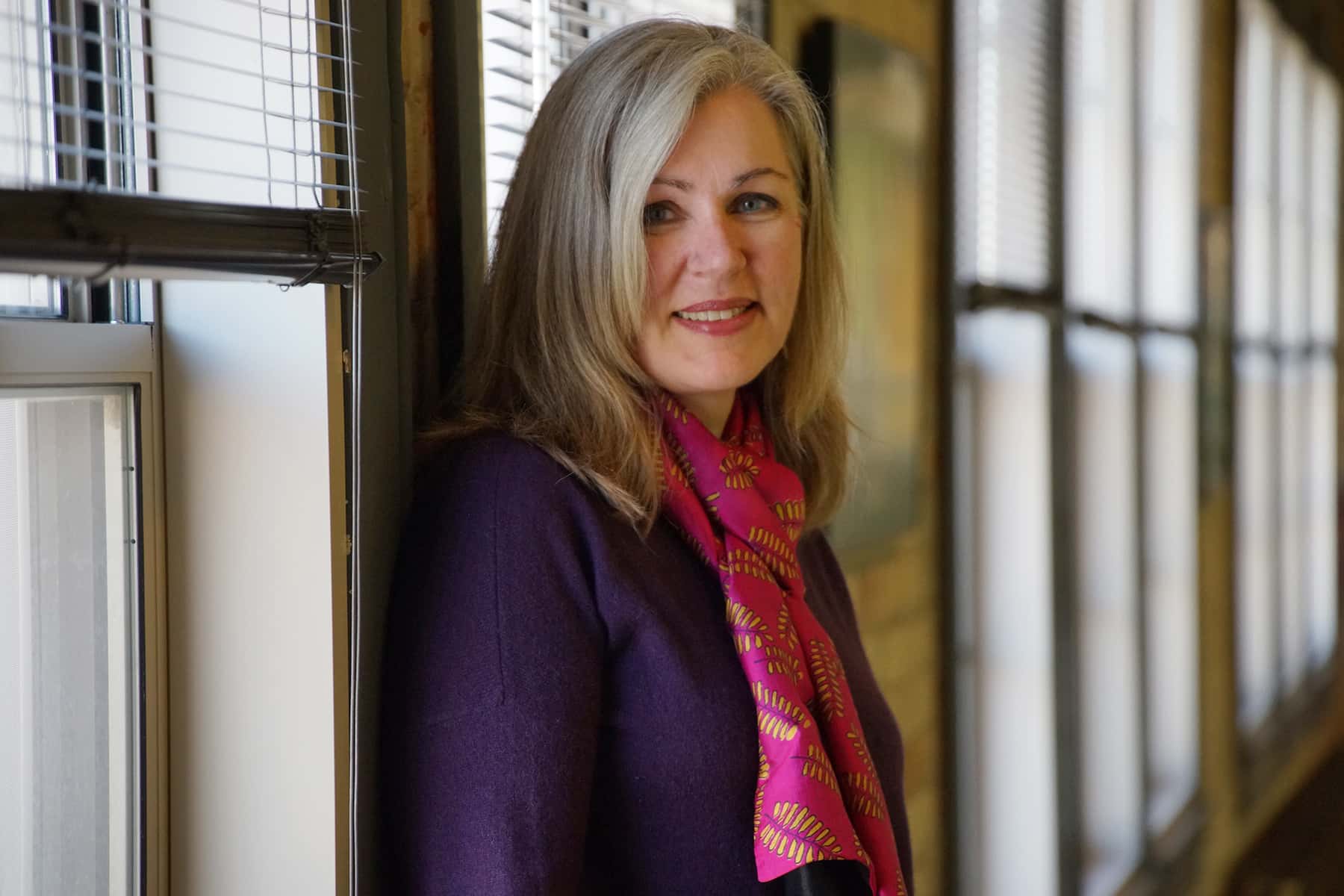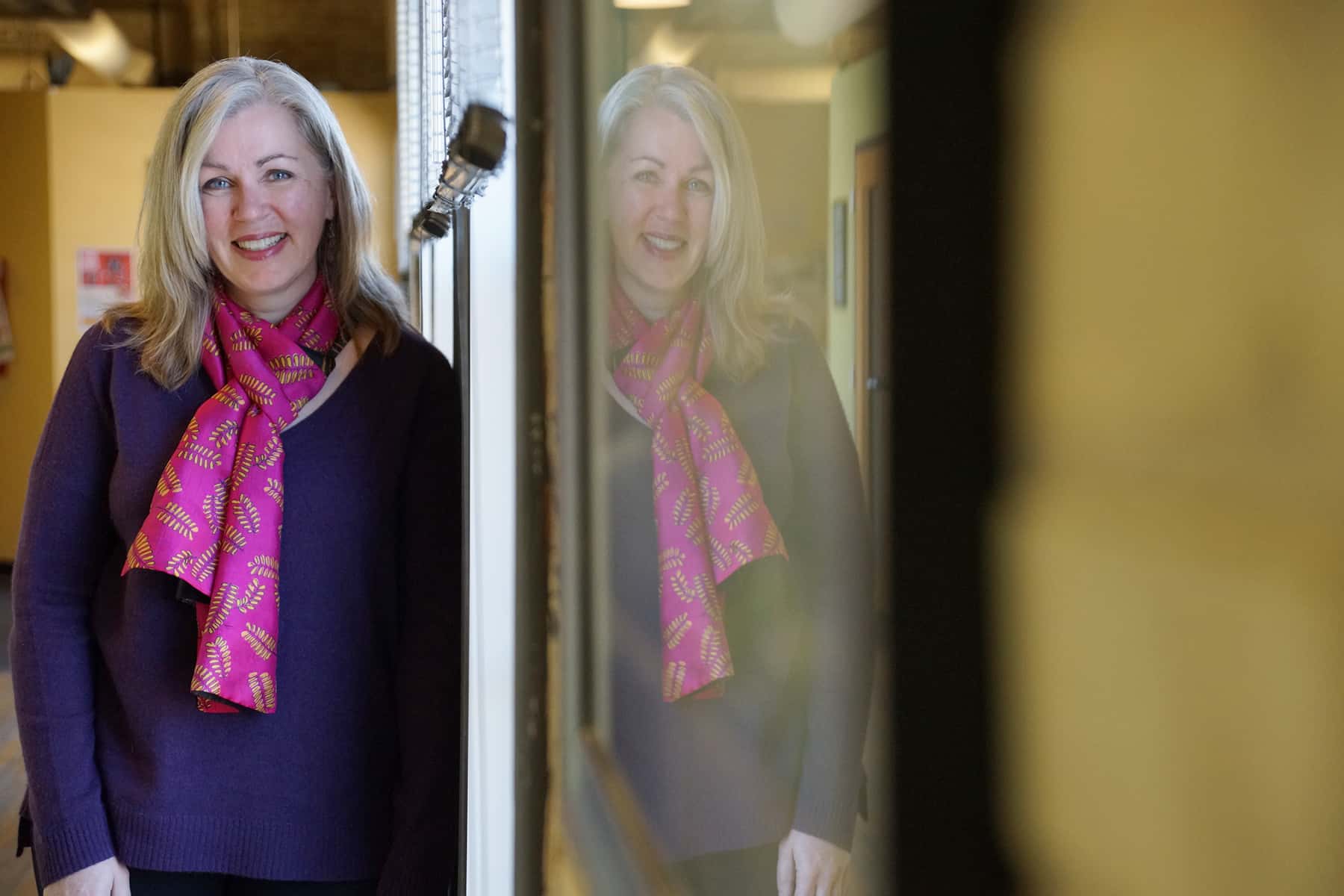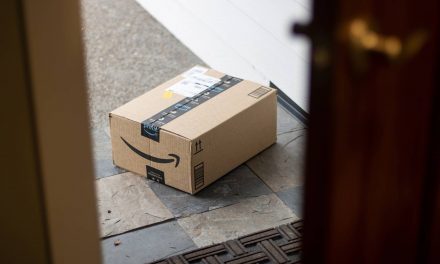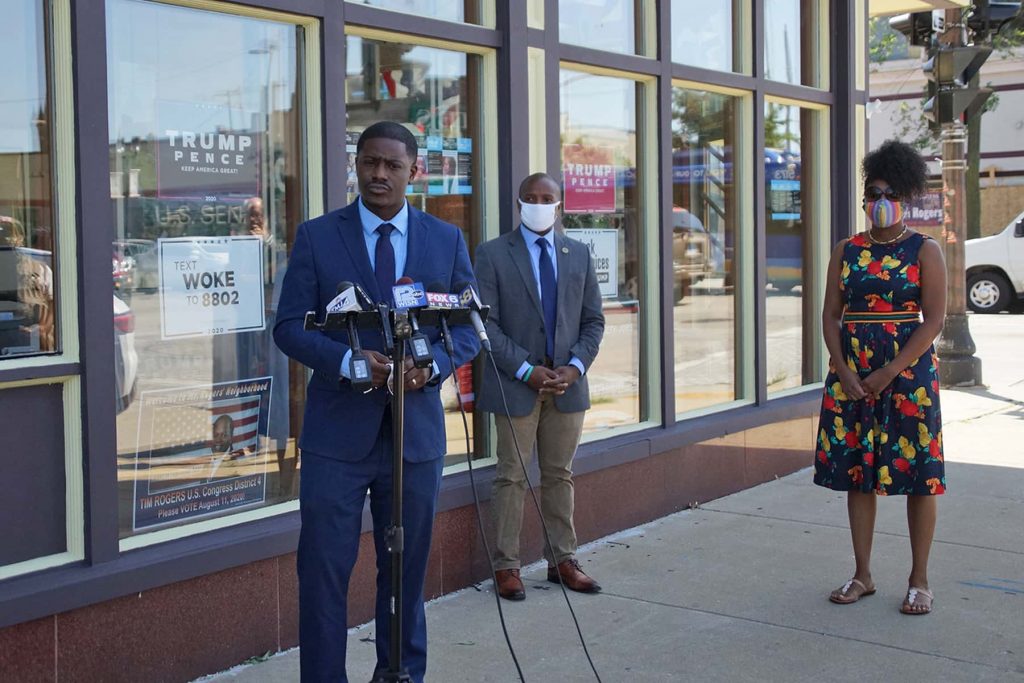
Healthy food accessibility intersects every aspect of social and economic prosperity in Milwaukee, and Margaret Mittelstadt has worked for years to connect local communities back to the farm in an effort to help the public rediscover what was lost in the modernization of agriculture and urbanization daily life.
Q&A with Margaret Mittelstadt
Milwaukee Independent: What has some of your work been regarding the local food movement and healthy food accessibility?
Margaret Mittelstadt: Working for the Outpost Natural Foods Cooperative has allowed me to connect to the local food movement and healthy food accessibility in myriad ways. I see my role as being a conduit for the co-op and the community. Our community is rich with food connectors and through my work I get to engage with some really amazing and energizing people.
Walnut Way – As folks may already know, Outpost opened its fifth store at the Innovation & Wellness Commons on Oct. 14, 2015. The Market is a small scaled pop-up store located at 17th and North Avenue in a growing hub of food oriented businesses that include The Juice Kitchen, Fondy Food Center, and the Milwaukee Center for Independence. How we got to this place is a wonderful story of relationship building that goes back ten years. If The Market is received well by the community, we will consider a larger format store in Phase II of the Wellness Commons project, adjacent to the current space.
Milwaukee Food Council – former steering committee member and active member. MFC focuses on intentional, positive strategies for a healthy, affordable, equitable food system that nourishes the community and respects the environment. The steering committee has made progress in a number of areas including proposing an ordinance for the establishment of the City of Milwaukee Food Policy Advisory Board, tackling the issue of Collective Impact, and restructuring the organization into a 501c3 non-profit.
Grow-Ops – an idea that came to me from a WomenShare conference a few years back, sponsored by Organic Valley. Grow-ops is my own colloquial term that refers to organizing urban farming co-operatives. In general, farming co-ops work well for the small scale producer as they are able to resources for entry into the marketplace. I introduced the concept to the management team here and we are working with a number of potential stakeholders on feasibility for Milwaukee.
Home GR/OWN – Home GR/OWN project, a program of the City of Milwaukee Environmental Collaboration Office (ECO), is very interesting to Outpost as it addresses many creative solutions to challenges in our urban neighborhoods regarding abandoned and vacant properties. These solutions revolve around greater food accessibility. This fits well with Outpost’s vision and we look forward to strengthening our relationship with Home GR/OWN.
Urban Economic Development Association (UEDA) and Food Enterprise Development Network (FEDN) – The FEDN work group sprung from a healthy food access conference sponsored by UEDA back in 2013. We explored what a food hub would look like for the city and for the region. I like to think of what we worked on as a spring board to the future.
Milwaukee Independent: What community-based initiative are you most proud of being involved in?
Margaret Mittelstadt: This is a tough question to answer because all of them have the potential for lasting positive outcomes for so many people. But I will be selfish and say that I’m pleased as punch about Walnut Way and the Innovations & Wellness Commons. The project truly demonstrates the spirit of cooperation and collaboration for businesses as well as community involvement, when it comes to addressing issues of healthy food access.
Milwaukee Independent: What efforts have you seen be successful in achieving food security for the disadvantaged populations of Milwaukee?
Margaret Mittelstadt: Food security is a complex issue that isn’t just about whether or not food is available. In my opinion, job security leads to food security. And as a community as a whole, we have a lot of work to do to ensure that people have the necessary tools to gain meaningful employment, and that there is meaningful employment opportunities available. There are many examples of where the community is making strides to achieve food security in Milwaukee through the ongoing work of organizations like Walnut Way, Fondy Food Center, Alice’s Garden, Groundwork Milwaukee, Victory Gardens Initiative (VGI), and Teens Grow Greens. Much of the work involves education as well as action and these groups are examples of that intersection.
Milwaukee Independent: Has Milwaukee been able to connect the dots regarding a food system infrastructure and growing a vibrant local economy?
Margaret Mittelstadt: I think this is a critical question to ask and I would have to answer, no. The local food movement has been doing a great job in connecting people back to the farm and in realizing the relationship local farmers have in providing the food that we eat. It has also spread the realization that by supporting ‘the locals’ we are supporting local and rural economies. The challenge that we are facing is how to get the food from farm to city. I think folks imagine that food magically shows up at the store. And this is understandable when thinking in terms of large food wholesalers making their daily deliveries. But that is not that case when dealing with individual farms and producers. There is no aggregation of transportation services that connect those myriads of local dots. Braise RSA (Restaurant Supported Agriculture) is beginning to address some of this, and it is why Outpost looks to partner with them where we can. But in order to meet the growing demand for local food we are going to have to build a better logistical infrastructure.
Milwaukee Independent: What is the condition of the Dairy State, and Wisconsin’s ability as a top agricultural producer?
Margaret Mittelstadt: The food landscape is changing. Organic agriculture is growing and thriving in this state. The number of young people getting involved in organic agriculture is growing. Wisconsin ranks number one in the number of organic dairy and beef farms. Twenty-nine percent of Wisconsin’s organic farmers are under the age of 45. I was privileged to serve on the Wisconsin Organic Advisory Council, so I know of the strides we are making as a state in this sector of agriculture.
These are challenging times for farmers and agriculture in general. The average farmer is nearing retirement age with no heir apparent for the family farm. The demand for locally grown food continues to grow at a robust rate. Yet there aren’t enough farmers locally to meet that demand. The call is out there to get young folks to consider organic farming as a viable career option, and then provide young farmers with the necessary capital and land to ply their trade.
Milwaukee Independent: What are your challenges in promoting healthy and sustainable food messages in a culture that has been conditioned over decades to make processed foods part of their lifelong diet?
Margaret Mittelstadt: I think one of the greatest challenges is getting people back to the kitchen and cooking again. We are so hooked on convenience that we have forgotten the good old fashioned kitchen arts. People complain that food prices are too expensive, yet we spend less of our dollars on food than other countries. In 2012, Mother Jones reported that the average American household only spends 6 percent of its annual budget on food, compared to 14 percent in France and 25 percent in Brazil. Certainly there are other pressures on the American budget that are different than other nations, but the simple act of preparing your own food can help to assuage that. Eating wholesome meals does not have to been an involved or expensive proposition. Most of it is in planning.
Milwaukee Independent: What is the most striking food related trend you have witnessed in Milwaukee?
Margaret Mittelstadt: Coming back to the farm and local entrepreneurial food start-ups. It has just exploded in the 12 years I have been with Outpost. And it is expanding into all demographics of our community. At Outpost, we have witnessed a tremendous growth in Wisconsin-based value-added producers. Our last fiscal year, 31 percent of all sales went to local growers and producers. We did $50M dollars in sales that year. Do the math. That goes directly to support our local economy.
Milwaukee Independent: How have attitudes in Milwaukee changed in recent years towards organic foods?
Margaret Mittelstadt: Outpost has been in the business of bringing organic food to Milwaukee since 1970, before organic was even a qualifying term for food grown without intensive chemical farm inputs. Established in 1992, organic agriculture is a federally regulated program that holds farmers and producers to a much higher standard regarding farm inputs, what it takes to grow food. Talk to the farmers and organic is really about creating healthy soils. When you have living soil, with all its microscopic organisms and organic matter, it produces healthy plants for humans and animals. Healthy plants have a natural affinity to fight off disease and pests, requiring much less inputs for controlling those factors.
Milwaukee Independent: How does Milwaukee historically compare with other major cities in the development of local food co-ops?
Margaret Mittelstadt: Co-ops are integral to the communities that they serve. It is the primary reason why co-ops form in the first place, to meet an unmet need. It is why people choose to join a co-op. Milwaukee has been a very active city when it comes to food co-ops. Right now, the city has two food co-ops, Outpost and the Riverwest Co-op. The first major surge of food co-ops happened in the 1960s and 1970s. Fast forward to 2010s, we are experiencing another renaissance. Although with national chains all competing for the natural food dollar, it is getting harder for co-ops to remain relevant in their respective markets.
Milwaukee Independent: Is there a growing trend to move away from sourcing foods from distant regions and seeking them locally instead?
Margaret Mittelstadt: When people can put a face to the farmer behind the food on the table it means something to them on a deeper level. The further someone gets from the table, the harder it is to control where or how it is grown. Some foods you cannot get locally or even domestically. Animal products like beef, pork, and poultry are getting harder to come by locally. A big part of that conundrum is that small scale processing centers in Wisconsin have all but disappeared. The small-scale farmer with a few hundred chickens for slaughter has to transport them vast distances at great costs to large processing facilities. It adds to the expense. Some farmers get out of the animal business for that reason.
It is tough to eat only locally year round. We really have no choice but to source from distant places or other countries for many of the fresh foods we enjoy. Labor issues are also becoming more prominent regarding the global food supply. Right now, there is a huge issue around enslaved people and the shrimp industry. It is virtually impossible to get fresh shrimp that is not somehow touched by slave labor, unless it comes from the United States or countries in the Gulf of Mexico.
Milwaukee Independent: What advice would you offer someone who was interested in gardening that supports a healthy kitchen?
Margaret Mittelstadt: Just try it. It does not take much. Who cares if all you can grow is one herb or a tomato plant. Buy a seedling. Start from seed. If I can grow a towering tomato plant from a seed, anyone can. It is the easiest thing in the world to grow. It just needs some really good soil, room for its large root system, lots of sun, and some water once in a while. My formula for growing things: stick it in the ground and see what happens.
















